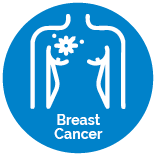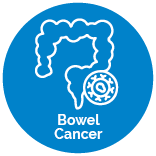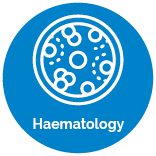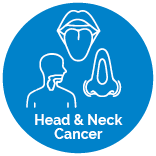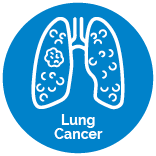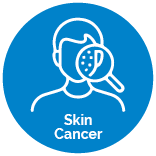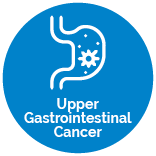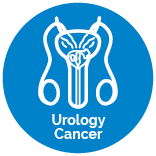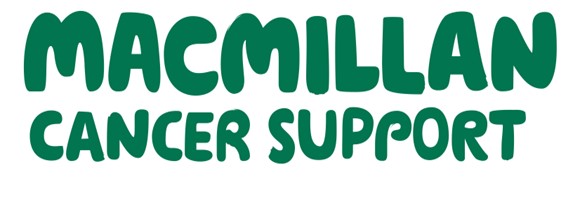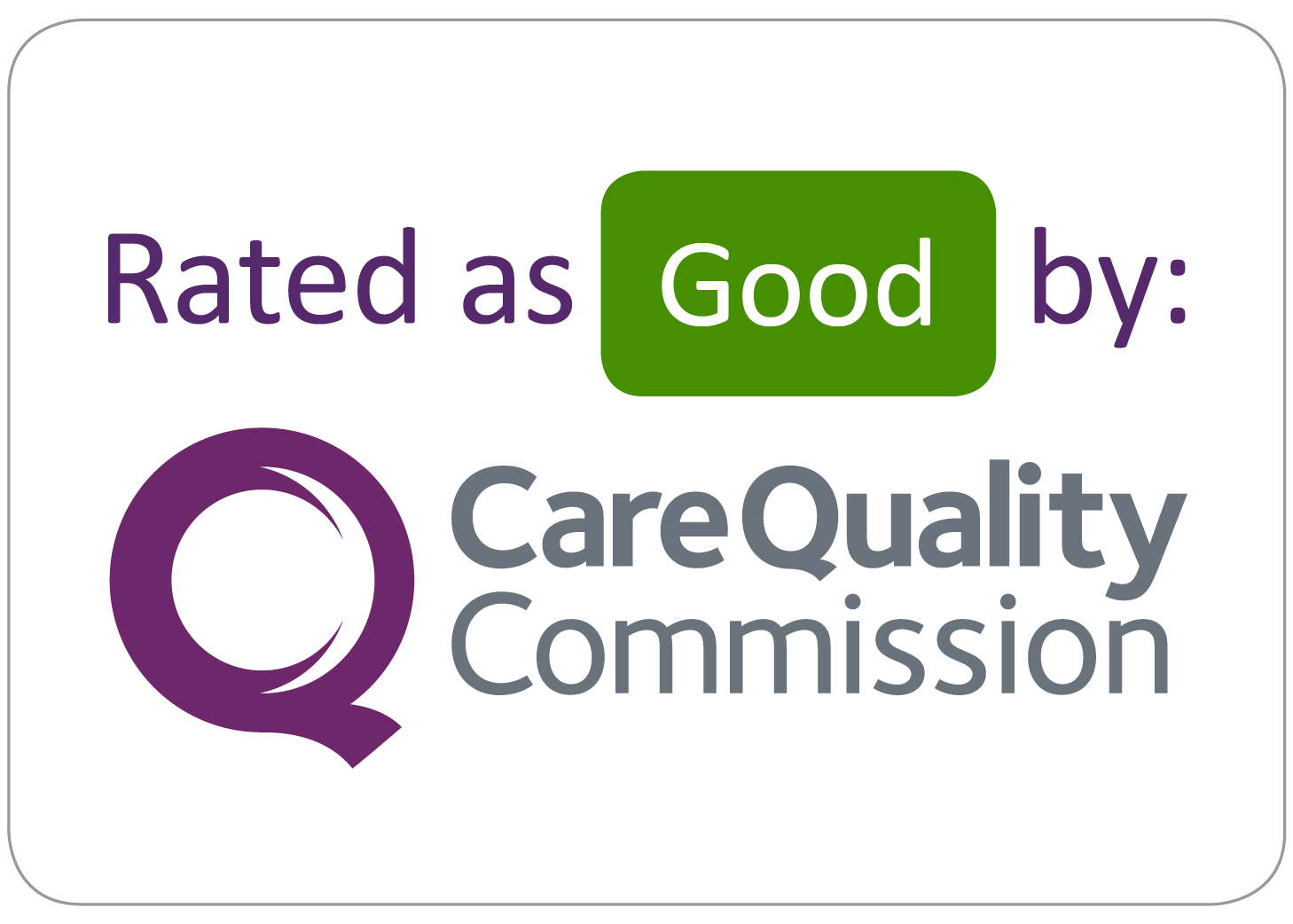Oncology/Cancer Services
Cancer Services provides a comprehensive service to patients both referred with suspected cancer as well as those already diagnosed. We treat all common cancers for patients living in the Calderdale and Huddersfield areas.
What is Cancer?
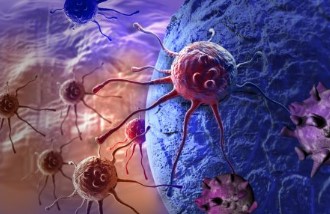
Cancer is a disease which can start in any part of the body. The cells in a specific part of the body grow and reproduce uncontrollably. The cancerous cells can invade and destroy surrounding health tissues including organs. Most cancers start due to gene changes that happen over a person’s lifetime. Some cancers grow and spread fast; others grow more slowly. They also respond to treatment in different ways.
Cancer can be treated very well for many people. In fact, more people than ever before lead full lives after cancer treatment.
People with cancer, their families and caregivers can now learn about how to deal with cancer with the new range of easy to understand videos from Macmillan's YouTube channel which is available in different languages and with BSL signing, topics include:
What is cancer? (also dubbed into 16 core languages, including Arabic, Bengali, Cantonese, Dari, Farsi, Gujarati, Pashto, Polish, Portuguese, Punjabi, Romanian, Russian, Turkish, Ukrainian, Urdu, and Welsh)
(all links are highlighted and will open in a new page in You Tube)
Different types of cancers
Information and Support
In this section we have information on everything you need to know before, during and after your visit to the hospital along with timescales based on national standards.
Expand on the tabs below for a summary of some of the information or click here which will take you to the main information and support page.
Fast Track Urgent GP Referrals
The fast track referral aims to diagnose and treat serious illnesses quickly. It is very important you attend these apointments. Further information on fast track GP referrals can be found here.
First Steps
The First Steps Cancer programme offers information and support for patients who have been recently diagnosed with cancer which includes a variety of subjects such as diet, health and wellbeing.
Health and Wellbeing

Our Health and Wellbeing Programme consists of three branches of support which are:
- The First Steps Cancer Programme – for anyone recently diagnosed with cancer
- Health and Wellbeing Events – for people at the end of cancer treatment
- Thinking Ahead – courses and a monthly information and support group sessions for anyone living with incurable cancer
Click here for more information on our health and wellbeing programme
Macmillan Information & Support Service
We are here to help everyone with cancer live life as fully as they can, and our service aims to complement the clinical teams by providing information, as well as practical, financial and emotional support to patients and their families.
For further information click here which will open in a new page.
Macmillan information Service Newsletters and Annual report
Prehabilitation

Prehabilitation is a process of enhancing function to improve your ability to withstand forthcoming treatment and improve outcomes.
There are many benefits to patients who undertake Prehabilitation before their treatment. Further information can be accessed by clicking here.
The Pinpoint Test
The PinPoint Test is a blood test that can help predict a patient’s chance of having cancer. It is being evaluated by the NHS in the West Yorkshire & Harrogate region to help us understand if the test improves how cancer is diagnosed and how it can benefit patients in the future.
We are looking for volunteers to help with the evaluation of The Pinpont Test.
If the evaluation is successful, we hope that this simple blood test will help the NHS prioritise patients at high risk so they have shorter waiting times for a faster diagnosis. It will also help identify patients at very low risk so they don’t need to go to hospital for testing.
Please watch the video below for more information or click here which will open in a new page.


